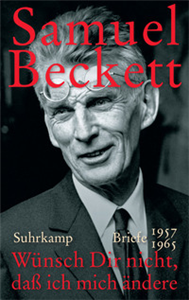Humanities & Social Sciences
November 2009
Rebellion and repression in Italy, 1972–77
In the mid-1970s, a long wave of contentious radicalism swept through Italy. 'Proletarian youth', 'metropolitan Indians', 'the area of Autonomy': a shifting galaxy of groups and movements practised new forms of activism. Factories and universities were occupied; rent and utility payments were withheld; neo-Fascists and drug pushers were attacked on sight. The movements were at once creative and brutal, intransigent and playful. A particular target for mockery was the parliamentary Left, and above all the Italian Communist Party (PCI). An earlier wave of radical activism had culminated in the Hot Autumn of 1969; then, the PCI had managed to 'ride the tiger' of industrial militancy, emerging with its credibility enhanced. Now, however, the PCI was committed to compromise with the ruling Christian Democrats. The second cycle of contention thus ended in a hostile engagement: rather than adopt their policies, the PCI labelled the movements Fascists, criminals and hooligans. By the end of 1977 the movements were broken, while the PCI had moved sharply to the Right. The main beneficiaries were left-wing 'armed struggle' groups such as the Red Brigades. Building on Sidney Tarrow's 'cycle of contention' model and drawing on a wide range of Italian materials, Phil Edwards has told the story of a unique and fascinating group of political movements, and of their disastrous engagement with the mainstream Left. As well as shedding light on a neglected period of twentieth century history, this book offers lessons for understanding today's contentious movements ('No Global', 'Black Bloc') and today's 'armed struggle' groups. ;





























